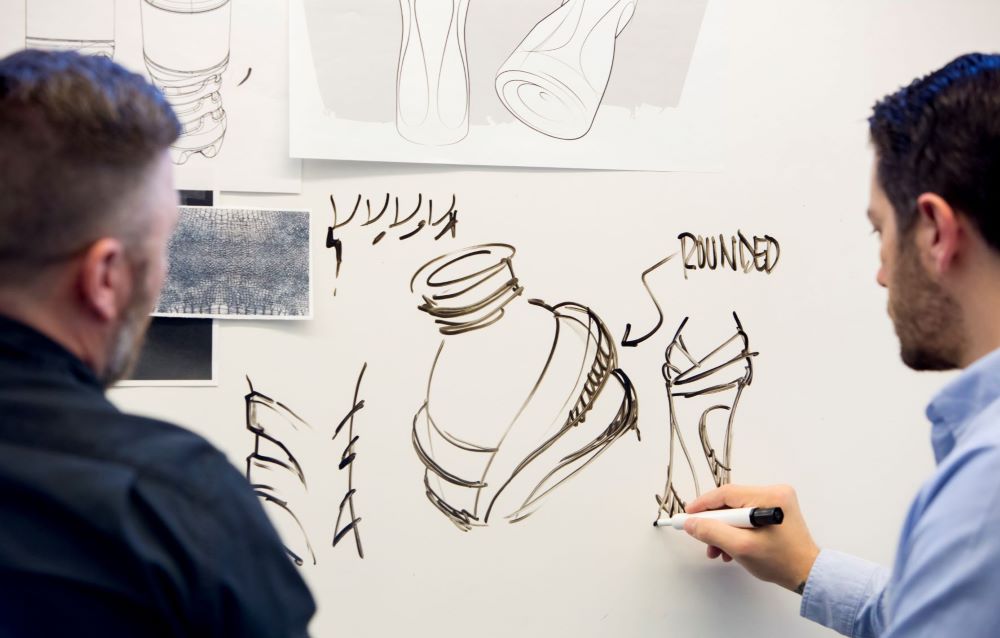The Fair Work Commission has slammed Uber’s business model in a ruling today stating that the company has a contractual relationship with workers regardless of the labels it applies to them.
The Commission said that Uber had set up its business to avoid responsibility, stating “labels cannot alter the substantive nature of the relationship”. In a case taken by the TWU and food delivery driver Amita Gupta who was sacked for being 10 minutes late with an order, the Commission said regardless of what Uber’s contracts with its workers stated, “Ms Gupta performed her delivery work for and was paid for it by [Uber].”
TWU National Secretary Michael Kaine said the judgment was an important step forward in establishing rights for Uber workers.
“This judgment goes further than we have ever seen in Australia in terms of tearing down Uber’s elaborate business model and exposing it as a sham. It states what is already clear to those who work in Uber and those who use its service: that Uber is a transport service that has responsibilities to its workers, restaurants and the public who use its app,” he said.
The Commission was constrained in its judgment and rejected Ms Gupta’s unfair sacking case. The TWU is considering appealing the ruling.
“The union will be looking to appeal this judgment since the Commission felt it was constrained by a previous High Court case in terms of finding in favour of Amita. We believe Uber unfairly sacked Amita and we believe Uber must be stopped from abusing and exploiting workers,” Kaine said.
The Commission case heard Adelaide-based driver Amita Gupta had to log on to work for UberEats for several hours to receive little pay. In one week alone she logged on for 96 hours but only receiving pay of $300.
The TWU called on the Government to urgently regulate the gig economy.
“Uber operates a model of use and abuse when it comes to its workers. It rips them off, refuses to pay them minimum rates, sick leave and sacks them without warning or the chance to appeal. Even in the middle of a pandemic Uber won’t protect its workers and is offering paltry amounts to workers needing to isolate. We need to regulate this sector urgently to stop this exploitation. The Federal Government must act on behalf of workers like Amita and thousands of people like her,” he added.
The Uber case is the latest case taken by the TWU against gig economy companies to establish rights for workers. The TWU is separately taking a case for gross underpayment against Deliveroo and won a case for unfair sacking against Foodora after the company sacked a rider for speaking out about pay and conditions. Foodora has since exited the Australian market.
A TWU survey of food delivery riders in Australia shows three out of every four are paid below minimum rates. Almost 50% of riders had either been injured on the job or knew someone who had. Four UberEats riders have been killed while working.
An investigation by Australian Competition and Consumer Commission forced UberEats to admit it is a transport operator, not a technology platform, in contracts with restaurants and to stop making restaurants pay for customer refunds.








